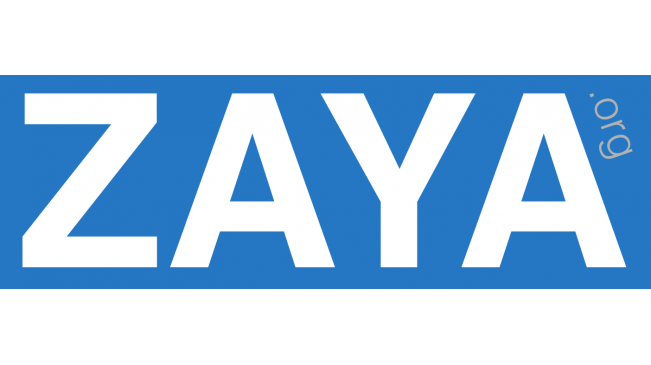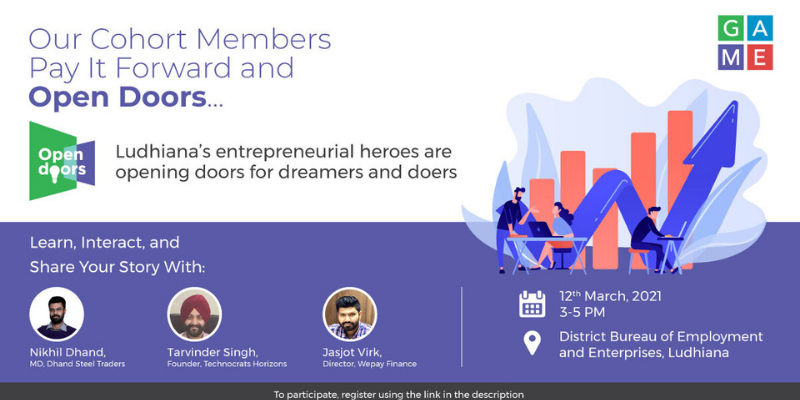Zaya Learning Labs: A education revolution happening on the 'cloud' starring kids from Dharavi

“Hi Di Di, Hi Sir,” echoes a stream of bright faced, bare feet, immaculately dressed kids as they race upstairs to get to class. These kids, mostly from Dharavi, Mumbai and Asia’s largest slum, are the unlikely face of an education revolution.
They attend a Zaya Learning Lab, one of seven recently opened in Mumbai. Zaya is a social enterprise that is attempting to close the ‘education gap’ and bring a world class education to children from marginalized communities in India. The Zaya model leverages technology to improve access and personalize learning and the principles of their success offer great lessons for developed countries still grappling with the role of technology within schools.
Education in India isn’t generally associated with innovation. Traditionally plagued with teacher and student absence, a disparity in teacher training levels, class sizes regularly above 60, a lack of basic resources and competing languages for delivery. 20% of Indian children have no access to education, 45% drop out before 8th grade and by 2050 it is estimated that 50% of the world’s illiterate will be India.
In this Zaya Learning Lab however, it is a very different picture. The class is separated into 3 distinct groups. One is working with the teacher, who they address as “Di Di” (older sister) as they fire off a volley of questions. A second mixed aged group sit in a circle with hand held tablets, leaning over one another’s shoulders, pointing at the screens and passionately debating a maths concept in a combination of Hindi, Marathi and English. The final group work away silently, ear phones in, tablets in hand on their next video tutorial or activity.
The room is structured, purposeful and engaging. —– It has been called a ‘school in a cloud’, and it is clear that technology is improving the access to and quality of education for these students.
The model is broadly applicable and built around 3 simple principles.
Affordability:At the centre of the model, is cloud technology. Specific content is pre-loaded on to a Zaya micro-cloud that is battery operated, wireless, mobile and most importantly, able to be accessed without an internet connection. The micro cloud is loaded into a backpack kit that can be taken anywhere along with low cost, hand held tablets. Students now have access to world class digital education without the usual complications surrounding internet, computers and internet. And importantly, technology is embedded in the curriculum. It is a medium of learning and a medium for learning.
Personalization: The Zaya Learning Labs are built around a blended learning approach. The students time is split between 3 distinct forms of learning. 1) systematic and structured teacher instruction. 2) Self paced and personalized learning using the tablets and 3) Small group concept investigations. The learning experience is designed to cater for the needs of the individual and allow for them to pursue areas of personal interest. The interactive, adaptive learning platform on the tablets automatically tracks student performance and directs students to the next developmentally
Appropriate task: Technology is acting as a pseudo teacher and ensuring students receive maximum time on task. Engagement. The students race to get to the Zaya Learning Labs.The lessons are engaging and delivered through a medium that is relevant and entertaining. Students enjoy watching the videos, exploring the activities and receive immediate feedback of their performance. The recent influx of enrollment is indicative of this pull not push mentality.
For some time, there has been a presumption that technology would eventually revolutionize education in the same way it has business. It appears this revolution is coming from the developing world. From places that have been forced to invest in disruptive and transformational innovation because they can simply do not have the resources to access traditional forms of education.
The Zaya Learning Lab is an inspiring place to be. The lessons that can be taken from this social enterprise are profound.
Author bio: This is a guest post by Pat Naughtin. He is an Australian teacher, education and community development researcher. He was recently a consultant at Zaya Learning Lab.









![[TechSparks 2020] Robust tech and architecture helps Zoom support over 3 trillion meeting minutes in a year](https://images.yourstory.com/cs/2/a9efa9c02dd911e9adc52d913c55075e/Screenshot2020-10-30at2-1605004421972.png)
![[Funding alert] Femtech startup Say Cheese raises seed round at Rs 10 Cr valuation](https://images.yourstory.com/cs/2/b87effd06a6611e9ad333f8a4777438f/Imageq5t5-1615799062761.jpg)
